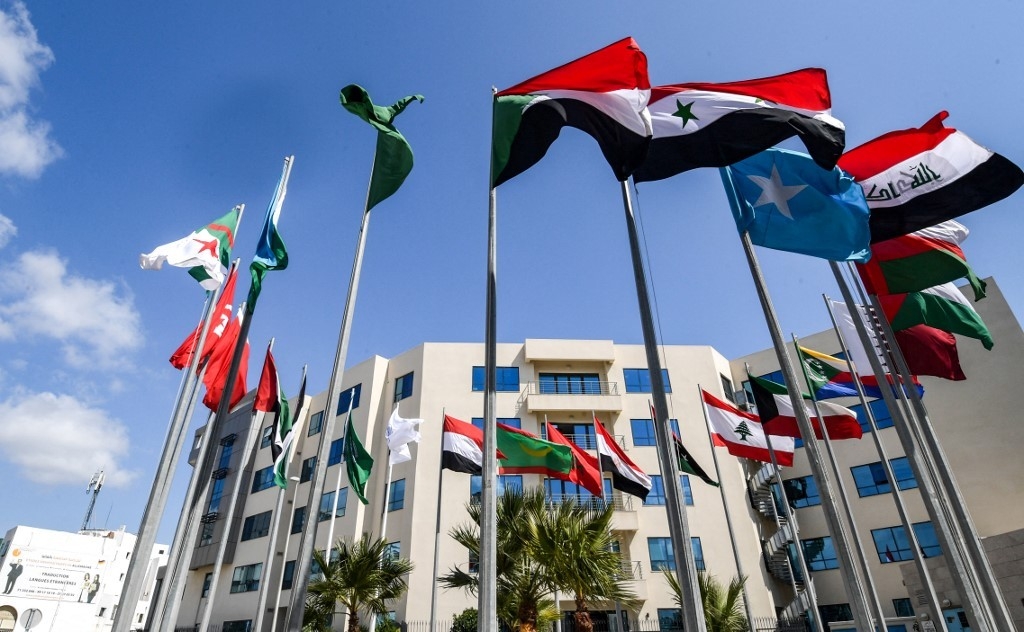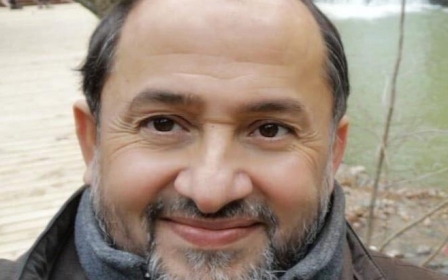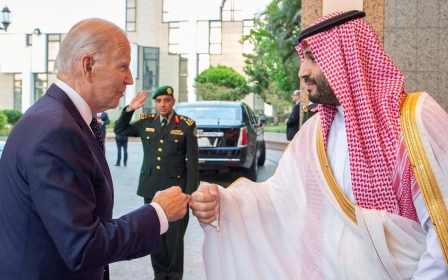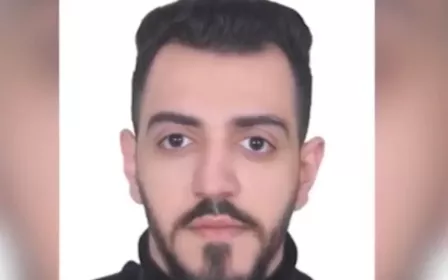UN warns Arab League security body failing to protect against political extraditions

UN experts have warned the Arab League that a security body run by its members is not shielding people who are wanted over political activities from the dangers of extradition.
In a letter sent last week, the experts said they are also concerned that the Arab Interior Ministers Council (AIMC) is failing to assess the risks of torture or ill-treatment that individuals could face if returned.
The AIMC, established in 1982, says it aims to develop and strengthen cooperation and coordination between Arab states in the field of internal security and to combat crime, including through circulating warrants on behalf of member states.
In the report, the UN experts wrote: “States do not appear to exercise due diligence in assessing the political nature of the charges brought against individuals. No individual risk assessment appears to be either envisaged or undertaken.”
They called on the AIMC to allow wanted individuals to access their criminal file and request a review or removal of an arrest warrant.
New MEE newsletter: Jerusalem Dispatch
Sign up to get the latest insights and analysis on Israel-Palestine, alongside Turkey Unpacked and other MEE newsletters
The signatories to the report were Fionnuala Ni Aolain, special rapporteur on the promotion and protection of human rights and fundamental freedoms while countering terrorism; Irene Khan, special rapporteur on the promotion and protection of the right to freedom of opinion and expression; Fernand de Varennes, special rapporteur on minority issues; and Matthew Gillett, vice chair of the working group on arbitrary detention.
The experts' concerns come after three AIMC-circulated warrants in the past seven months are believed to have been used in actual or attempted extraditions of people wanted for political reasons.
Last November, Sherif Osman, an Egyptian-American who once served in the Egyptian army before moving to the US, was detained in Dubai while on a visit. In the month leading up to his visit, he had been calling on social media for protests during the Cop27 climate conference in Egypt.
A month after Osman was picked up, Emirati officials told reporters that Egypt had circulated a warrant for his arrest through the AIMC. Following intervention from US officials, Osman was freed on 29 December.
In January, Hassan al-Rabea, a Saudi national, was arrested at Marrakesh Airport in Morocco on an AIMC warrant issued by Saudi Arabia.
According to the warrant, Saudi authorities sought to try him for leaving the kingdom “irregularly” with the help of “terrorists”, but his family said he was being punished for anti-government protests in Qatif that his relatives - not Hassan himself - had been involved in years earlier.
After court hearings over several weeks, Rabea was extradited to the kingdom in February. He is currently held in Dammam Prison in Saudi Arabia’s Eastern Province.
A third AIMC warrant saw the arrest in May of Khalaf al-Romaithi, an Emirati-Turkish dual national who was convicted in absentia in a mass trial in the United Arab Emirates, which human rights groups have widely criticised as grossly unfair and politically motivated.
Romaithi had travelled from Turkey, where he had been living in self-exile, to Jordan where he was arrested on a warrant circulated through the AIMC by the UAE. He was due for a hearing in an Amman court on 16 May, but he disappeared. He is believed to have been taken to the UAE, but his exact whereabouts are unknown.
'Lack of precision'
While the agreements governing the AIMC expressly state that individuals should not be extradited for political crimes, the experts said there are several problematic loopholes.
For example, assaults on kings, presidents, their wives or descendents, as well as assaults on heirs apparent or vice presidents, are specifically noted as crimes that are extraditable.
“There is a lack of precision in defining what constitutes an ‘assault’ on political leadership,” they wrote.
'Without considerable changes...it can only be used as a tool of transnational repression'
- Inès Osman, MENA Rights Group
This vagueness, paired with the national security and terrorism laws of some of the member states, “appear to consider activities such as the expression of political dissent, independent media reporting, or human rights activism to be criminal offences.
“These extraditable crimes may implicate activities protected under international law, notably the rights to political participation and to freedom of opinion and expression.”
The experts' letter was prompted by an analysis of the AIMC by the Geneva-based MENA Rights Group that was shared with one of the UN special rapporteurs.
Ines Osman, MENA Rights Group director, told Middle East Eye that the biggest issue with the AIMC is that it doesn't have an oversight body to filter out abuses of the its system.
"It is very opaque and does not grant targeted individuals the possibility to file access requests or to demand the removal of arrest warrants diffused against them," Osman said.
"Without considerable changes, including introducing human rights standards in AIMC’s Basic Law and conducting compliance checks on arrest warrants requests from every AIMC member country, it can only be used as a tool of transnational repression."
Sarah Leah Whitson, executive director of the Washington, DC-based Democracy for the Arab World Now, said: "The AIMC operates as a transnational dictators’ repression club, allowing Arab states to coordinate and collaborate on targeting political dissidents and even people who have no involvement but are facing vendettas from the various regimes".
She added that Interpol, the inter-govermental organisation based in Lyon, France, which shares warrants and access to data on crimes and criminals and governments, and has a memorandum of understanding with AIMC, should "treat any warrant from these governments as politically motivated, and refuse to cooperate with them".
The Arab League and the AIMC did not respond immediately to requests for comment.
Clarification: This article has been edited since publication to clarify the role of the AIMC and its relationship with Interpol.
This article is available in French on Middle East Eye French edition.
Middle East Eye delivers independent and unrivalled coverage and analysis of the Middle East, North Africa and beyond. To learn more about republishing this content and the associated fees, please fill out this form. More about MEE can be found here.




